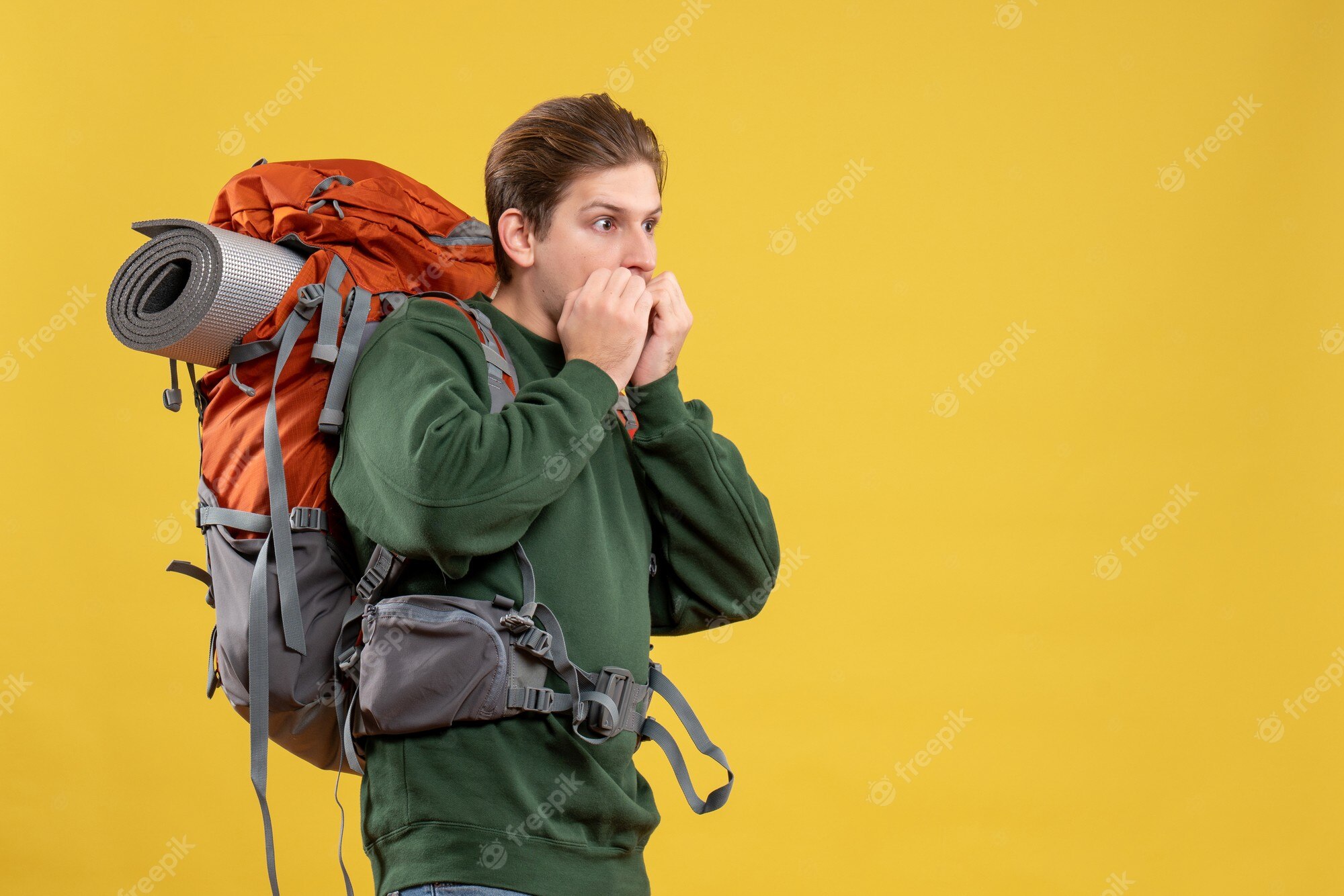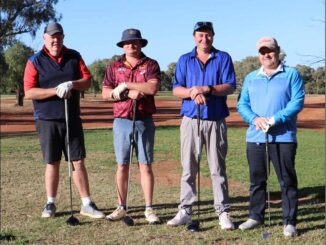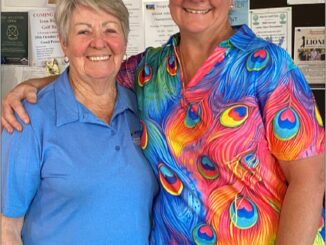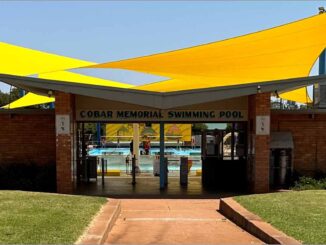
Federal Member for Parkes Mark Coulton said the Labor Government’s attack on backpackers is terrible news for the Parkes electorate’s communities and local economy.
Mr Coulton said with Labor increasing the cost of the Working Holiday Maker (WHM) visa by $130 to $640 from July 1, it makes it the highest fee visa of its kind in the world.
“The Government is also considering cutting the WHM visa to one year and removing any regional work requirements,” he said.
Mr Coulton said the electorate of Parkes relied on backpackers to work in essential industries and support businesses by spending their money locally.
“By making the Working Holiday Maker visa so expensive it will discourage backpackers from coming to Australia, which means fewer workers helping out in agriculture and hospitality jobs and fewer visitors supporting our tourism businesses,” Mr Coulton said.
“If Labor cuts the backpacker visa to just one year it will hurt our local economy as well as other regional economies around the country.
“Backpackers are a large source of labour across the Parkes electorate and the Coalition supports our successful Working Holiday Maker program.”
Hospitality businesses in the Cobar Shire have relied on backpacker labour for a number of years (and really felt their loss during COVID).
Celeste Whitbread at the Metropolitan Hotel at Nymagee said given their remote location (100km from Cobar) it’s hard to employ local staff and they rely on backpackers to help out.
“The changes will definitely affect us, absolutely it will,” Celeste told The Cobar Weekly.
“We’ve just had a couple for six months and now we are on to our second couple who will be here for six months.
“I think they are a great asset to have, the right ones with the right work ethic.
“Many want the ‘outback experience’ but they have no idea of exactly where we are.
“It is hit and miss, because some of them don’t really want to come out here, they want to stay on the coast, but in saying that, we had over 150 applications for this next lot!
“We’ve been really, really lucky, we’ve had some awesome ones, they’ll be part of our family forever, the last lot anyway,” she said.
Cindy Bryan at the Empire Hotel said they rely on backpackers but she doesn’t think the proposed changes will however hurt their business.
“I have a list of about 30 names of people (backpackers) that still want to come out here, so I don’t think it will affect us.”
English backpacker Georgia Brown travelled to Australia about 10 months ago and has been working at the Empire for nearly three months.
Georgia is on a working holiday visa and said she chose to come to Australia because of the weather, its nice beaches and friendly people.
She described the visa price increase as “crazy”.
“I cant believe it! As backpackers we don’t usually have a lot of money.
“I don’t know, it might deter some I think, but I know some people that still really want to come out here,” Georgia said.
“It’s a good way to see the outback.
“I like working at the pub, you meet people, it’s a good environment.”
Georgia said she will stay in Cobar until her 88 days are done (the regional work requirement of her visa).
“I plan to probably go to the east coast and to Cairns, where there’s nice and warm weather.”
Mr Coulton said there are more than 137,000 WHM visa holders currently in Australia who are spending money on holidays and working in critical industries.
WHM visa holders make up to 80 per cent of the harvest labour force in horticulture, while in other commodities they account for five per cent to 15 per cent of the junior, casual and seasonal workforce.
Even the Labor Government-funded Tourism Australia is calling for the WHM program to be expanded and made cheaper, not cut: “WHMs are a valuable travelling segment. They tend to stay longer, spend more and disperse more widely throughout the country than other international arrivals. Tourism Australia is broadly supportive of any changes made to WHM visa settings that expand the visa criteria for WHMs and reduce the costs associated with obtaining a WHM visa.”


